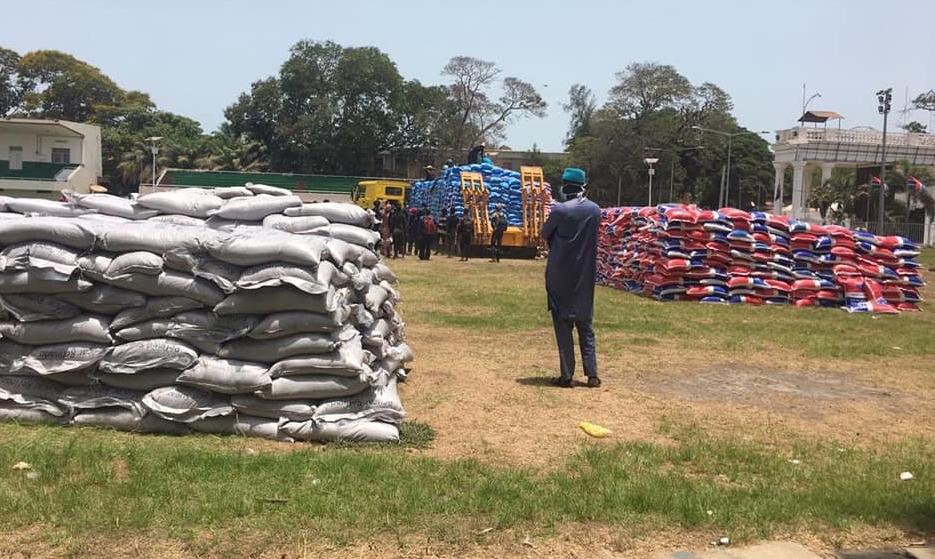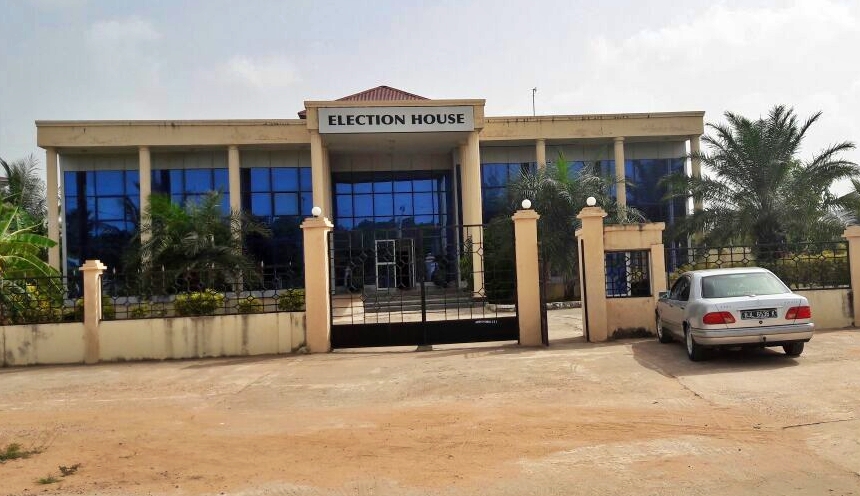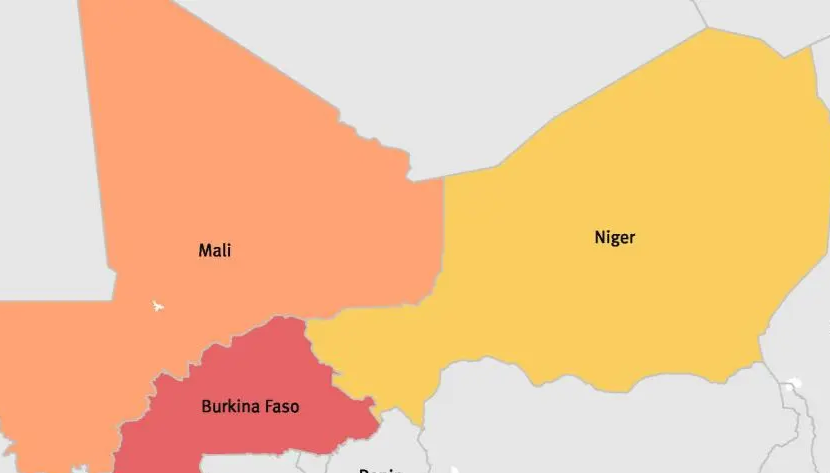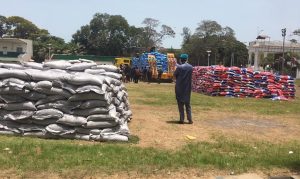APA-Bamako (Mali) – Member countries of the Alliance of Sahel States (AES) want to move quickly toward operationalizing their organization, which was created as recently as September 16. Finance officials from the three Sahelian countries stressed the need to create an economic and monetary union different from the CFA franc zone.
As part of the visits to Bamako by General Abdourahamane Tiani, the head of the National Council for the Safeguard of the Homeland (CNSP) in Niger, and Apollinaire Joachim Kyelem de Tambela, Prime Minister of Burkina Faso, a meeting of experts from the three countries making up the AES (Mali, Burkina Faso and Niger) was organised in Bamako.
The aim was to “exchange ideas and create a synergy of action between member countries to accelerate the process of economic and financial integration within the alliance.”
In short, the aim of the meeting was to assess the alliance’s strengths, weaknesses, opportunities and threats to it.
To this end, they submitted their proposals to the finance ministers of the three countries, who held their first meeting in Bamako on Saturday November 25, focusing exclusively on the economic development of the new organizations member states.
Several points were on the agenda. These points included trade, the movement of people and goods within the AES; food and energy security; industrial transformation, potential and prospects; and financing, economic integration, regulatory arsenal and necessary reforms.
Thus, while acknowledging the weakness of trade, they recognized that Burkina, Niger and Mali, which form the ESA, have an open economy in which trade represents a significant proportion of their Gross Domestic Product (GDP). To address this, they decided to strengthen their cooperation “in order to establish a secure economic space for harmonious development that meets the aspirations and well-being of the populations.”
Coping with food crises
At the same time, they insisted on the need to improve connectivity between the three AES states, through the design and implementation of road, air, rail and river network programs.
They also agreed to strengthen common mechanisms for responding to food crises, notably through the development of hydro-agricultural schemes of common interest to boost agricultural production, and the pooling of responses to food insecurity.
To guarantee energy security in these three countries, the ministers agreed on the need to pool financial resources to invest in this sector, in order to ensure energy autonomy in the region.
With regard to industrial transformation, potential and prospects, the ministers agreed on the implementation of a common industrialization strategy, with a view to developing the industrial fabric of the ESA region.
They also called for the promotion of a partnership between the public and private sectors of ESA member countries, notably for the development of basic infrastructure.
Towards abandoning the CFA franc?
To cope with the various shocks to financing and economic integration, the finance ministers of these countries also planned to set up a stabilization fund and the creation of an AES investment bank.
For greater economic integration, the Ministers of Economy and Finance of the three countries noted the need to move towards an economic and monetary union.
For many observers, the very fact that these three member countries of the West African Economic and Monetary Union (UEMOA) are even talking about this possibility is a real threat to the CFA franc.
MD/ac/fss/as/APA










